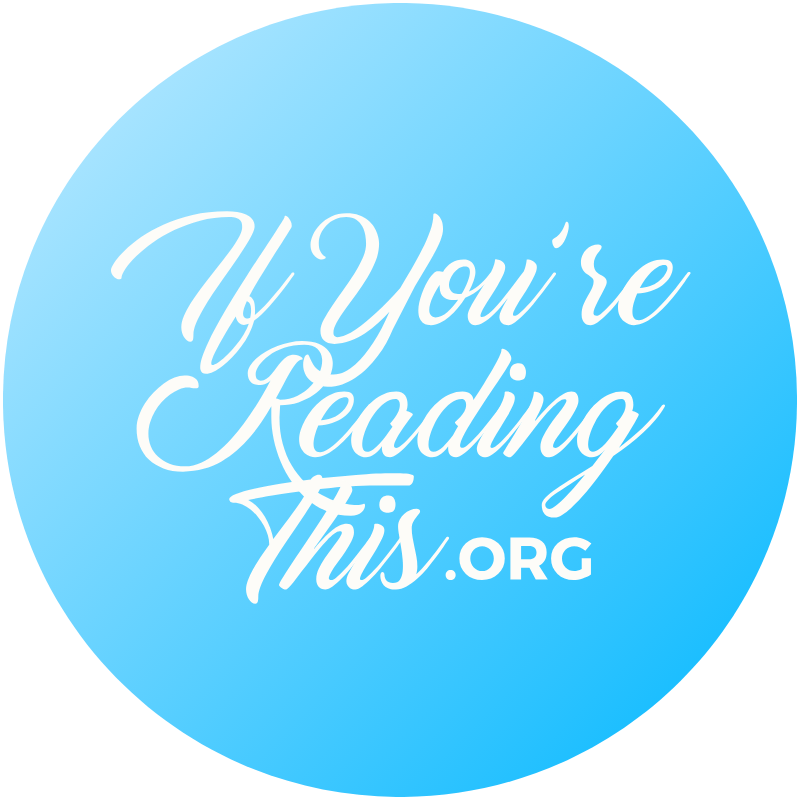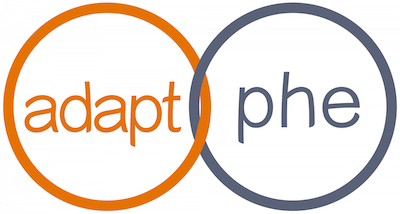Camryn G.
Photography by Jessica Pentel
If you’re reading this, try and give yourself grace.
I have found that it is much easier for me to give others grace than to afford it to myself. Although the advice, “don’t be so hard on yourself,” is valuable, it is easier said than done.
In my first year I struggled with lingering feelings of imposter syndrome that made me think that I had gotten in by accident and I would be pulled out at any point when they found their error. This was my inner critic trying to tear me down. At first I attempted to simply ignore these thoughts, trying not to stew on them for too long. However, in the last year I have worked to actively reframe these thoughts. To turn the negative into more positive affirmations that are more constructive.
Through these efforts to reframe my thoughts I found that what I had been looking for was grace. I found that my inner critic and the negative thoughts stemmed from the artificial standards I set for myself. I found that if I didn’t reach an arbitrary goal I set or if I wasn’t where the peers I compared myself to were my inner voice would suddenly become hyperactive. After many failed attempts to ignore this voice I developed the habit of immediately correcting the destructive comment when it surfaced.
Eventually this reframing turned into a form of mantra: “you did your best and that is enough.” I would repeat this and similar variations to myself throughout each and every day until eventually I began to believe it and that voice shifted from destructive to constructive. Although this isn’t a perfect practice and those negative thoughts still creep in, I have learned to give myself grace. Grace to make mistakes, grace to fail, grace to learn, and grace to grow.
We all provide grace to others and should afford the same to ourselves. However, as stated earlier, this is difficult. So, if you’re reading this, try and give yourself grace and then try and give yourself grace for failing to do so, because grace is something we all deserve. After all: you did your best and that is enough.
Camryn G., University of Virginia
Connect With Us
To follow IfYoureReadingThis at UVA on Instagram, get in touch with our chapter, and learn about more resources available to University of Virginia students, visit our chapter’s homepage.
This post is a part of a collaboration installment between IfYoureReadingThis.org and the Peer Educators.
Our organizations share the mission of creating a happier and healthier student body, and we encourage you to explore their resources and programs.
The Peer Health Educators (PHEs) are a group of roughly 45 UVA students who are trained to educate their classmates about college health and wellness issues in a positive, interactive, fun, and nonjudgmental manner. PHEs are trained to educate on mental wellness, nutrition, alcohol safety, and sexual health. ADAPT is dedicated to addressing the issues of alcohol and other substance abuse in the University of Virginia community. As peer educators, we promote awareness, provide educational outreach, and serve as accessible resources for our fellow students. The Stall Street Journal empowers UVA students to make healthy choices by correcting misperceptions about health decisions and providing accurate information about staying safe, minimizing health risks, accessing resources, and supporting the UVA community.
If you would like to request an outreach from the PHE or ADAPT, go to tinyurl.com/requestanoutreach and fill out the form. If you would like to talk to a PHE in a one-on-one patient education session about any and all of the above-listed topics, either book a patient education online through healthyhoos.com or walk to the lower level of Student Health.
If you would like to learn more about the Peer Education program or would like to apply, go to our tab in the student health website under “health promotion and wellbeing” > “peer education”. Applications for Fall 2020 are due March 6.


